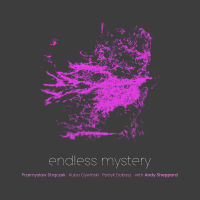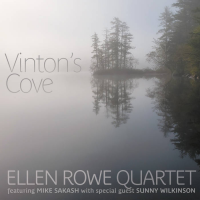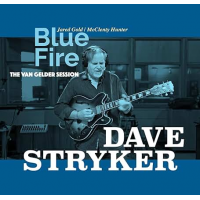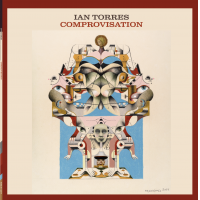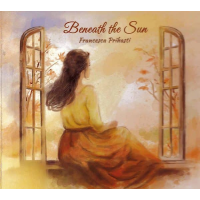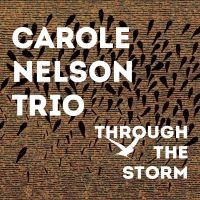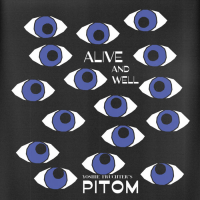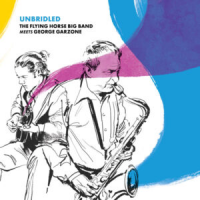Home » Jazz Articles » Album Review » Tord Gustavsen with Simin Tander & Jarle Vespestad: What was said
Tord Gustavsen with Simin Tander & Jarle Vespestad: What was said
However unorthodox all this cross-translation seems, Tander makes it sound completely natural. Her intimate, lyrical voice is equally at home in both languages, as well as singing wordless vocalise and improvising. Gustavson still plays the piano as his main instrument, but has augmented it with discreet electronics and occasional synthesizer bass, while Vespestad provides percussive textures or timekeeping as required. So the group is a true trio, not just a vocalist with accompanists.
They take these roles in different ways throughout the program. The opener "Your Grief" (an English Rumi translation) sounds like a voice/piano duet at first, but ends with a gentle percussion solo. "Imagine The Fog Disappearing" is the first track to use a full band sound, with drums, prominent electronics, and bass synthesizer. "Journey Of Life" (a Norwegian traditional sung in Pashto) uses toms and vocalese, and one section has a lovely sustained synthesizer pad with melodic piano on top.
There is a brief instrumental interlude just past the halfway mark, two lyrical Gustavson originals played without vocals, sounding more like his previous ECM releases. "The Way You Play My Heart" has a Gospel feel, while "Rull" shows an almost martial side to Vespestad's drumming. "Longing To Praise Thee" is another Norwegian traditional tune, but this time Tander sings it without words. Closing "Sweet Melting Afterglow" begins with a collective improvisation, then fittingly ends the album with a Norwegian tune sung in Pashto. What was said presents a quietly surprising vision of a new kind of musical fusion. It's subtle, and may take a couple of listens before the beauty takes hold.
Track Listing
Your Grief; I See You; Imagine the Fog Disappearing; A Castle in Heaven; Journey of Life; I Refuse; What Was Said to the Rose / O Sacred Head; The Way You Play My Heart; Rull; The Source of Now; Sweet Melting; Longing to Praise Thee; Sweet Melting Afterglow.
Personnel
Tord Gustavsen
pianoTord Gustavsen: piano, electronics, synth bass; Simin Tander: voice; Jarle Vespestad: drums.
Album information
Title: What was said | Year Released: 2016 | Record Label: ECM Records
Tags
PREVIOUS / NEXT
Tord Gustavsen Concerts
Support All About Jazz
 All About Jazz has been a pillar of jazz since 1995, championing it as an art form and, more importantly, supporting the musicians who make it. Our enduring commitment has made "AAJ" one of the most culturally important websites of its kind, read by hundreds of thousands of fans, musicians and industry figures every month.
All About Jazz has been a pillar of jazz since 1995, championing it as an art form and, more importantly, supporting the musicians who make it. Our enduring commitment has made "AAJ" one of the most culturally important websites of its kind, read by hundreds of thousands of fans, musicians and industry figures every month.









